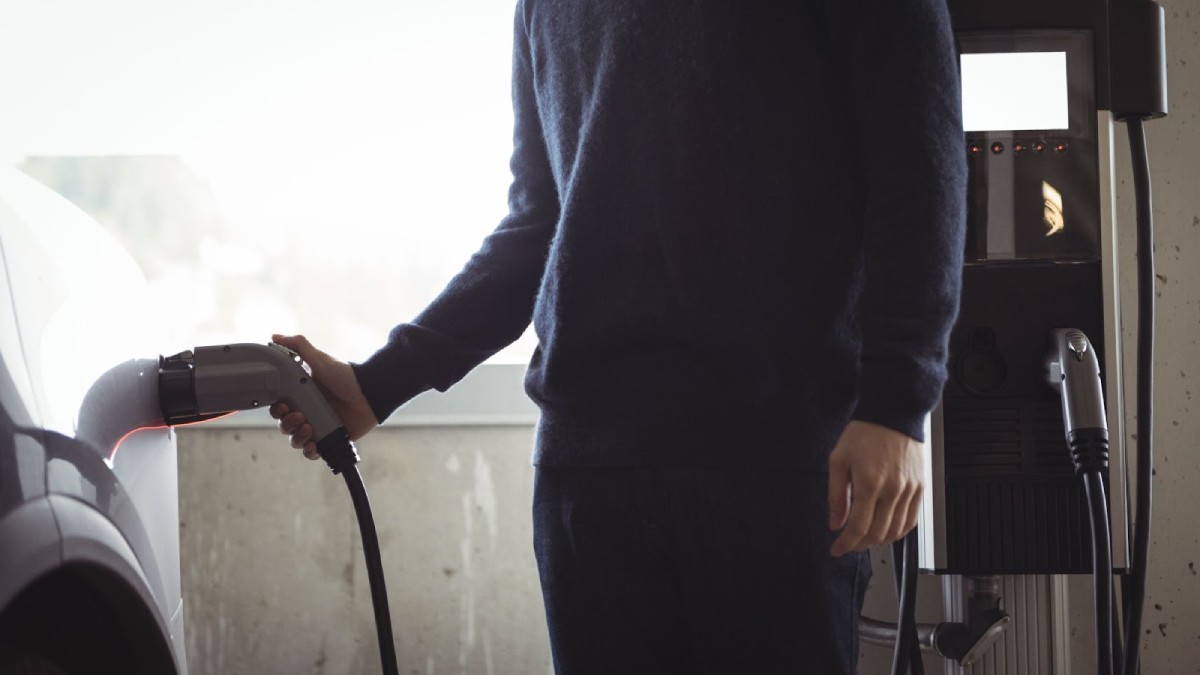
Jake Medwell, a celebrated serial entrepreneur and investor, is renowned for his involvement as a founding member at 8VC, an American venture capital fund. He is the guiding force behind 8VC’s logistics and transportation practice, which, in 2022, clinched the top global ranking.
With experience that includes co-founding BATON, a logistics tech firm later bought by Ryder Systems in 2022, Medwell’s journey as an entrepreneur traces back to his university years at the University of Southern California, where he established Sole Bicycle Co. This company rapidly grew into a significant industry player.
Medwell recently sat down with policy expert Loren Smith to discuss significant policy changes that could affect the freight industry at a macro level. The conversation touched on permitting reform, electric vehicles (EVs), and the aftermath of the debt ceiling deal.
The resolution of the debt ceiling deal has created ripples in the freight industry. While averting a default of the U.S. government is a definite win for all sectors, the question remains – what specific wins did this deal bring in for the freight industry? The most notable outcome was the focus on permitting reforms, particularly those related to energy projects.
The Mountain Valley pipeline project in the eastern U.S. and other renewable energy projects are expected to benefit from these reforms. Over the past couple of years, Congress has shown increased bipartisan interest in permitting reform. It’s more than just oil pipelines being hamstrung by bureaucracy; many green energy projects, including transmission lines, face similar challenges.
However, the question that Jake Medwell poses is: how much change can we expect from these reforms? Are they a sea change? The answer, as Loren Smith points out, is no. While these changes to sitting authority could have potential implications, it will take time to see how they play out. A consensus exists that if EVs are to become mainstream, significant upgrades to the U.S. power grid are necessary. However, executing these upgrades will be challenging and time-consuming.
The government has made concerted efforts to push the transportation sector toward adopting EVs. Car manufacturers are responding to this push by shifting production to EVs for most vehicle types. However, truck manufacturers are taking a slightly different approach.
While they acknowledge the pressure to transition away from diesel- and gasoline-powered engines, EVs are not the solution for heavy-duty trucking. The battery size needed for an 18-wheeler is so substantial that it reduces the freight the truck can carry. This could lead to more trucks on the road, raising concerns about safety and congestion.
Given these challenges, most truck makers consider hydrogen a viable alternative. But this shift has its complications. Due to its environmental implications, the Biden administration and climate advocates prefer water-derived “green” hydrogen over hydrogen derived from natural gas.
However, safety regulations must be reviewed to ensure proper handling of hydrogen. Jake Medwell asks whether regulators are okay with truck makers going with hydrogen. The response is somewhat mixed. While there is a preference for “green” hydrogen, the safety regulations around hydrogen must be re-evaluated.
Smith acknowledged that while automakers are indeed pushing towards EVs, there are significant challenges to overcome. He speculated that, depending on how these hurdles are addressed, we could see an EV fleet ranging from 20% to 60% in the coming years.
The first hurdle, according to Smith, lies upstream in the supply chain for batteries, which are the most critical components of an EV. Securing these requires a strategic trade policy to acquire essential minerals from countries like Congo, Australia, and Chile or potentially tapping into domestic U.S. sources of rare earth elements. This is where permitting reform could play a crucial role, making mining more accessible and strengthening the supply chain with a domestic component.
The second hurdle, as previously discussed, is the power grid. An increase in EVs would necessitate an expansion of the power grid’s production capacity. Policymakers, particularly in the Biden administration and many states, focus on decarbonization and shifting to renewables. However, this transition will also demand more power and enhanced grid resilience.
Medwell pointed out that increasing power production also seems relevant to permitting reform. Smith added, “Not just for the power production, but for transmission lines too, potentially.” He emphasized that several factors beyond permitting go into large projects, but policymakers are considering tweaks. A more robust power grid could facilitate EV adoption, making this conversation relevant beyond the freight industry.
Towards the end of their conversation, Medwell asked Smith about the next significant policy fight in Congress after the debt ceiling deal. Smith pointed to the rail safety reform bill going through the U.S. Senate. The action to watch, according to Smith, would be the House’s response.
However, Smith cautioned that there isn’t a specific deadline for rail safety reform, making it unclear if there’s enough pressure to prompt Congress into action. The response to recent derailments may be handled mainly by regulators.
May is Small Business Month, a time to honor and recognize the achievements of the… Read More
Swiss International University (SIU) is on track to be one of the world's most respected… Read More
In a session that left students buzzing with fresh ideas and practical insights, Invertis University… Read More
At the 21st Shanghai International Automobile Industry Exhibition, which is surging with the wave of… Read More
Liverpool, UK—House of Spells and Comic Con Liverpool are once again collaborating to bring the… Read More
Introduction In India's booming EdTech space, there's one name that's making waves among Telugu students… Read More